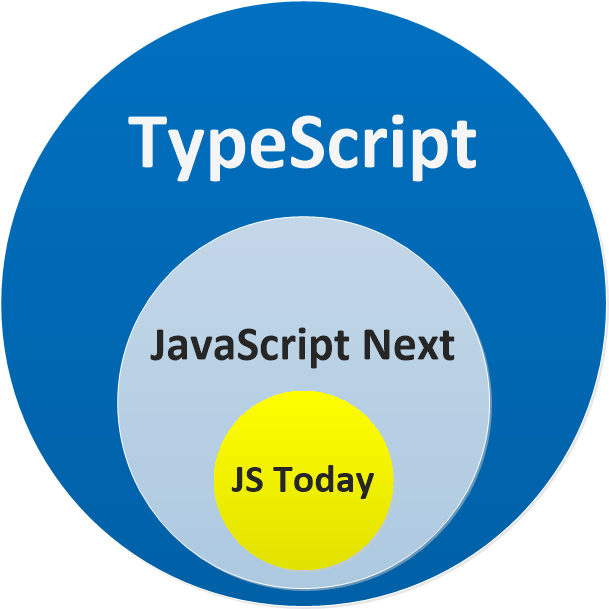

Outside of -experimentalDecorators, they will be type-checked and emitted differently. However, without the flag, decorators will now be valid syntax for all new code. experimentalDecorators will continue to exist for the foreseeable future While these experimental decorators have been incredibly useful, they modeled a much older version of the decorators proposal, and always required an opt-in compiler flag called -experimentalDecorators.Īny attempt to use decorators in TypeScript without this flag used to prompt an error message. If you’ve been using TypeScript for a while, you might be aware of the fact that it’s had support for "experimental" decorators for years. Differences with Experimental Legacy Decorators To learn more about decorators in-depth, you can read up on Axel Rauschmayer’s extensive summary.įor more information about the changes involved, you can view the original pull request. They can be used on properties/fields, getters, setters, and auto-accessors.Įven classes themselves can be decorated for things like subclassing and registration. ⚠️ Exiting method 'greet'.ĭecorators can be used on more than just methods! greet () // Output: // // ⚠️ Entering method 'greet'. Let’s consider the following code: class Person const p = new Person ( "Ray" ) p. Speed, Memory, and Package Size Optimizationsĭecorators are an upcoming ECMAScript feature that allow us to customize classes and their members in a reusable way.Passing Emit-Specific Flags Under -build.Supporting Multiple Configuration Files in extends.Here’s a quick list of what’s new in TypeScript 5.0! Following directions for Visual Studio Code.To get started using the beta, you can get it through NuGet, or use npm with the following command: npm install Downloading for Visual Studio 2022/2019 While the 5.0 release includes correctness changes and deprecations for less-used flags, we believe most users will have a similar upgrade experience as in previous releases. We’ve implemented the new decorators standard, functionality to better support ESM projects in Node and bundlers, new ways for library authors to control generic inference, expanded our JSDoc functionality, simplified configuration, and made many other improvements.

This release brings many new features, while aiming to make TypeScript, smaller, simpler, and faster. Today we’re excited to announce our beta release of TypeScript 5.0!


 0 kommentar(er)
0 kommentar(er)
